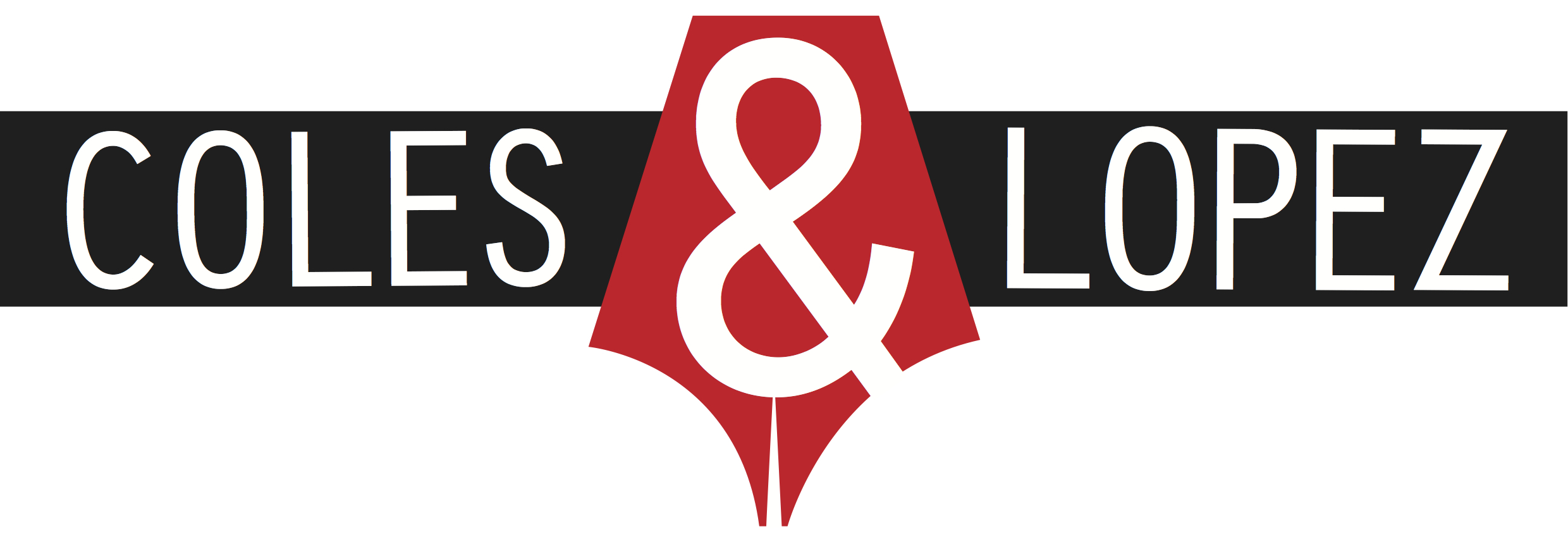From one extreme to the other
This week, we’re going to kill two birds with one stone by simultaneously learning about false ranges and celebrating the illustrious career of Mr Colin Firth.
By the time this post goes live, I will have seen Colin Firth reprise his best role in Bridget Jones's Baby. Expectations are high.
What is a false range?
False ranges tend to occur with the phrases “everything/anything from x to y” and “ranging from x to y”. In these constructions, x and y should always be two opposite ends of a spectrum – but in common usage, that’s seldom the case. Here are two examples of false ranges:
Colin Firth is picking up recognition with everything from a CBE to a star on the Hollywood Walk of Fame.
This first-ever biography discusses Firth’s most acclaimed roles, ranging from Hugh Grant’s love rival in Bridget Jones's Diary to an Oscar-nominated turn in A Single Man.
A CBE and a star on the Walk of Fame are not two ends of a spectrum, and nor are Firth’s roles in Bridget Jones’s Diary and A Single Man. This is an even more egregious example:
Seemingly able to play everything from stiff-upper-lip English gentleman to romantic leading man to light comedian with a twinkle in his eye, Colin Firth has become one of Britain’s most dependable actors.
It suffers from the same problem as the other examples, and also the false range spans not two but three points: English gentleman, leading man and comedian. A range, by definition, has only two extremes. (Sometimes, instead of “from x to y to z”, people write “from x through y to z”. It’s still wrong.)
The solution
Luckily, there are plenty of ways to fix the problem with a bit of rewording:
Colin Firth is picking up recognition with, among other things, a CBE and a star on the Hollywood Walk of Fame.
This first-ever biography discusses Firth’s most acclaimed roles, including Hugh Grant’s love rival in Bridget Jones's Diary and an Oscar-nominated turn in A Single Man.
Seemingly able to play any role, whether it’s a stiff-upper-lip English gentleman, a romantic leading man or a light comedian with a twinkle in his eye, Colin Firth has become one of Britain’s most dependable actors.
True ranges
Sometimes “from x to y” really is the appropriate wording to use. This is a straightforward mathematical range, from the lowest number to the highest:
Online sources have Firth’s current net worth at anything from $14 million to $25 million.
This is a bit subtler, but it still works – the range is “weapons Colin Firth uses in a fight scene, from most to least menacing”:
The greatest example of his mastery involves a scene where Firth decimates waves of crazed people in a church, using everything from knives to a pipe organ.
Who, me?
Last but not least, “from x to y” can sometimes be used incorrectly for comic effect. I remember seeing an interview with Hugh Grant where he sarcastically praised Colin Firth’s range as an actor, noting that Firth had played “everything from Mr Darcy in Pride and Prejudice to Mark Darcy in Bridget Jones’s Diary”. Classic Cleave.


